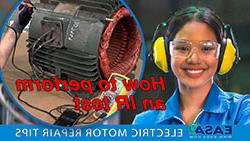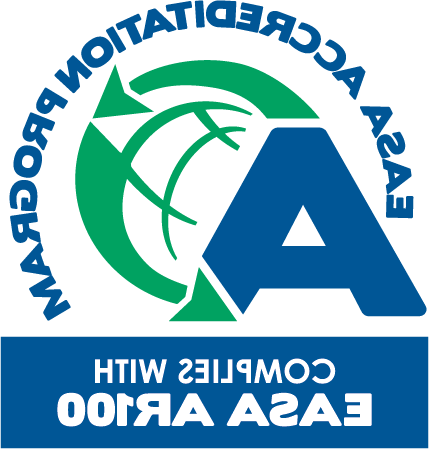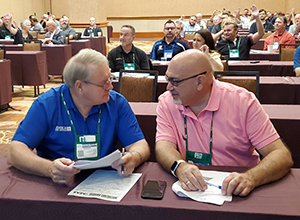AC Motor Redesign
Course length: Half day
Available as a condensed course: No
Maximum number of students: N/A
The seminar begins with a brief review of AC motor theory and operation that includes flux pattern, types of losses, NEMA design designations and test procedures. It also covers design considerations for slip-ring and synchronous motors, requirements for reduced starting voltage, and formulas for redesigning single-phase and polyphase AC equipment. To ensure a thorough, working knowledge of the subject, you’ll practice solving design problems for each possible change that can be made in the rating of an AC motor.
Partial list of topics covered
- How an AC motor operates
- Flux patterns
- Breakdown of losses
- NEMA design designations
- Slip-ring motors
- Synchronous motors
- Reduced voltage starting
- Testing
- Redesigning polyphase motors
- Changing voltage
- Changing horsepower
- Changing frequency
- Changing phases (between two-phase and three-phase)
- Changing circuits
- Changing span
- Changing connection (between Wye and Delta)
- Converting concentric windings to lap windings
- Changing poles
- Changing one speed to two speed (one winding and two winding)
- Calculating a winding for a bare core
- Redesigning single-phase motors
Instructor(s) available to teach the course:
- Tom Bishop, PE, EASA Senior Technical Support Specialist
- Mike Howell, PE, EASA Technical Support Specialist
- Chuck Yung, EASA Senior Technical Support Specialist
Cost
- Chapter/Region fee (+expenses): $1200 plus $20/student for handout
- Member company fee (+expenses): $2300 plus $30/student for handout
- Nonmember fee (+expenses): $4200 plus $35/student for handout
(Additional fees may apply if travel time exceeds 5 hours. Contact EASA for details.)
Schedule a private seminar
To schedule a private seminar for your group, contact:
Dale Shuter, CMP
Meetings & Expositions Manager
+1 314 993 2220, Ext. 3335
dshuter@cnof86.com
Hosting requirements
In addition to the seminar fees, the seminar sponsor will be responsible for:
- All seminar promotion involved
- Breaks (if provided)
- Meeting room (approx. 1,000 square feet)
- Instructor's travel and living expenses
- Audio/visual equipment
- Shipping costs of materials
- Meals (if provided)

 Having trouble finding time for training? Check out the how-to videos in EASA’s new series Electric Motor Repair Tips.
Having trouble finding time for training? Check out the how-to videos in EASA’s new series Electric Motor Repair Tips.


